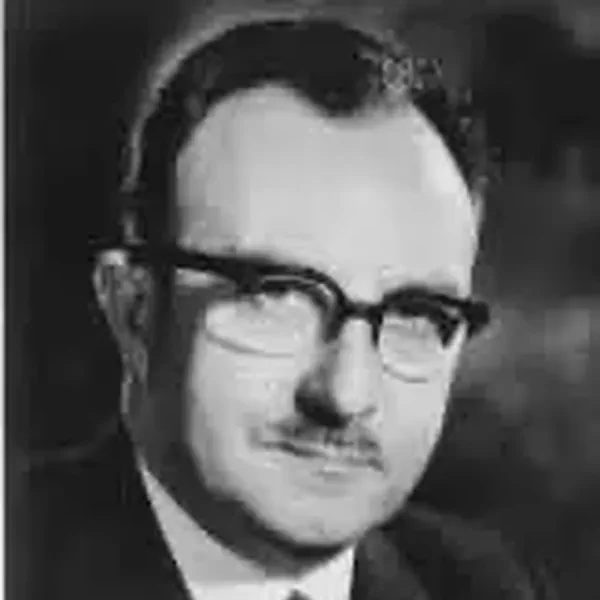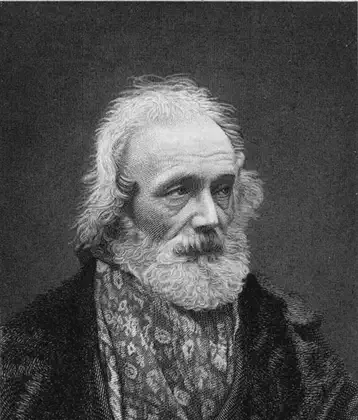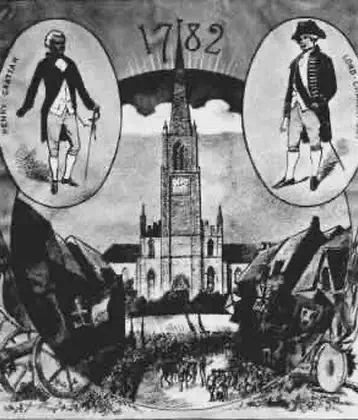On December 13, 1903 in Celtic History
Sir william MC crea, mathematician and astronomer, is born in dublin

Sir William McCrea, the Irish mathematician and astrophysicist, was born on December 13, 1904, in Dublin, Ireland. He made significant contributions to the fields of mathematics and astronomy during the 20th century.
His family moved to Kent in 1906 and then to Derbyshire where he attended Chesterfield Grammar School. His father was a school master at Netherthorpe Grammar School in Staveley. He went to Trinity College, Cambridge in 1923 where he studied Mathematics, later gaining a PhD in 1929 under Ralph H. Fowler.
Educational Background
McCrea studied mathematics at Trinity College Dublin and later pursued postgraduate studies at the University of Cambridge.
Academic Career
He began his academic career as a lecturer in mathematics at the University of Edinburgh. McCrea later moved to the University of Oxford, where he continued to make contributions to mathematical physics and astrophysics.
Astronomy and Astrophysics
McCrea made substantial contributions to the understanding of celestial bodies and the dynamics of galaxies. His work in astrophysics included studies of the structure and evolution of galaxies.
Fluid Dynamics
In addition to his contributions to astrophysics, McCrea worked on problems in fluid dynamics and applied mathematics.
Mathematical Physics
McCrea’s research spanned various areas of mathematical physics, including general relativity and the theory of relativity.
Books and Publications
He authored several books and research papers throughout his career, contributing to both mathematics and astrophysics literature.
Honors and Recognition
Sir William McCrea received numerous honors for his contributions to science, including being knighted in 1957.
Later Life
McCrea continued his academic and research pursuits, holding various prestigious positions in academia.
Sir William McCrea’s work had a lasting impact on the fields of mathematics and astrophysics. His contributions to our understanding of celestial phenomena and his work in applied mathematics continue to be recognized and studied in scientific communities.
More From This Day

